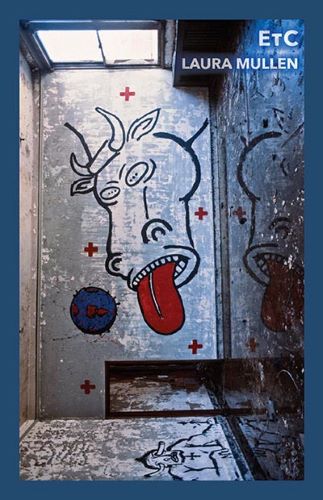Creative Nonfiction – 2007
Number 33
2007
Jeanne M. Lesinski
Devoted to the theme “Silence Kills: Speaking Out and Saving Lives,” this issue proves editor Lee Gutkind’s premise that “less literary” topics also lend themselves to artful writing as well as the detailed reporting associated with journalism. I agree wholeheartedly. In these essays, the authors recount their often frustrating – sometimes edifying – experiences with the health care system using a variety of narrative styles and tones, but all of a very high caliber. The authors treat such varied topics as blindness, overmedication, kidney dialysis, hepatitis, a gastrointestinal disorder; and all of the authors slip in enough medical information so that non-specialists can easily understand. Yet the overarching topic is communication – or lack thereof – and the implications this process has on the quality of patient care.
Devoted to the theme “Silence Kills: Speaking Out and Saving Lives,” this issue proves editor Lee Gutkind’s premise that “less literary” topics also lend themselves to artful writing as well as the detailed reporting associated with journalism. I agree wholeheartedly. In these essays, the authors recount their often frustrating – sometimes edifying – experiences with the health care system using a variety of narrative styles and tones, but all of a very high caliber. The authors treat such varied topics as blindness, overmedication, kidney dialysis, hepatitis, a gastrointestinal disorder; and all of the authors slip in enough medical information so that non-specialists can easily understand. Yet the overarching topic is communication – or lack thereof – and the implications this process has on the quality of patient care.
In “The Good Doctor,” readers learn about how a patient’s wrong lung was biopsied, in “Foreign Bodies” how a grandfather-doctor relationship goes awry, in “Non Pro Nobis” how John Bess, who had risked himself to care for patients in the military, became disenchanted with civilian medicine. Winning the prize for best essay in this issue with “Missing,” Merilee D. Karr describes her experience of being sued (and exonerated) for medical malpractice as a result of the patient lying to her.
I was angered by the communication problem – indeed medical chauvinism – portrayed in Jill Drumm’s “In Praise of Osmosis,” when a doctor puts his pride before his patient’s well-being, so it is no surprise that I rooted for Tamara Dean when she decided to take a more active role in her treatment for asthma in “Saving My Breath.”
This is the third volume of CN devoted to medical topics. An earlier volume, “Rage & Reconciliation,” was so popular that Southern Methodist University Press republished it in expanded form as a book, and the current volume will get the same treatment. Readers who enjoy “Silence Kills” might also like to check out the The Healing Muse, an annual journal devoted exclusively to medicine-themed prose and poetry published by SUNY Upstate Medical University’s Center for Bioethics & Humanities.
[www.creativenonfiction.org]




